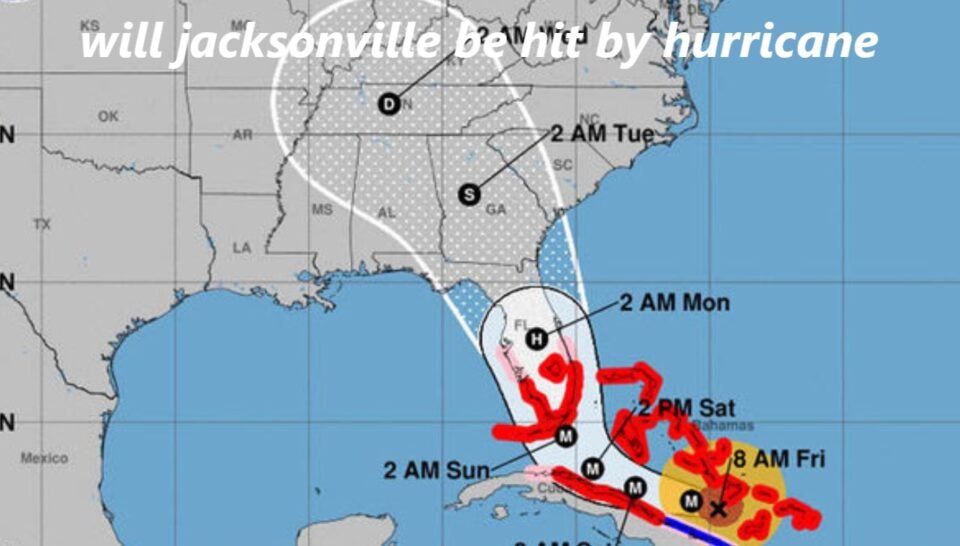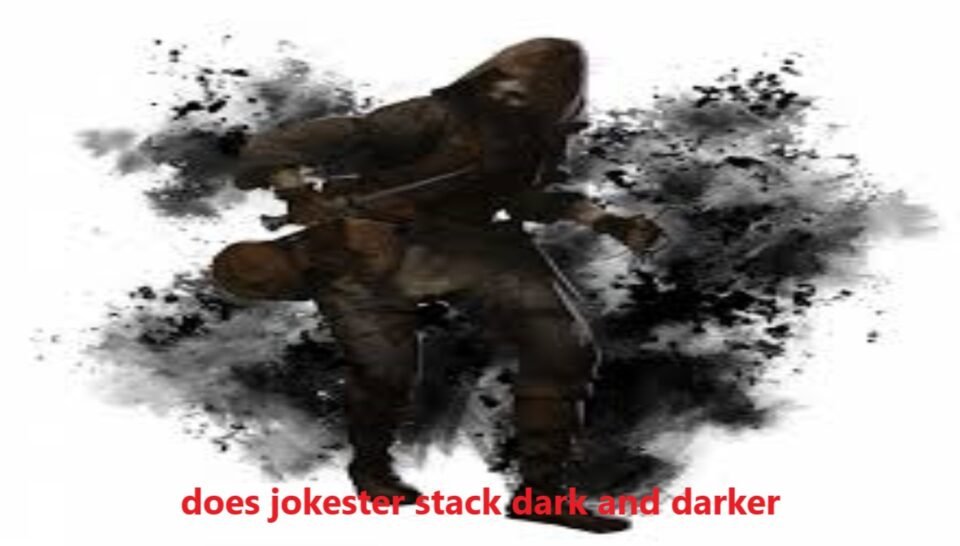Isn’t it nice when someone gives you something to smile about? Jokes that rely on sound and on words are some of the best ice breakers and comic ways to make any group chuckle. One such classic is “Mike Who Cheese Hairy.” You know that hilarity that happens when you land up listening to this joke. But why stop there? In this article, we’re going to discuss similar jokes that play with words and just make people laugh by making them trip over themselves. These jokes are perfect, whether you’re trying to prank your friends or want some to spruce up a conversation.
What Makes “Mike Who Cheese Hairy” So Funny?
This joke falls under the category of “phonetic puns.” The phrase, when said quickly, sounds like something entirely different: “My coochie’s hairy.” The humor is droll simply because the mild setup becomes a spiteful punchline. Here’s why these jokes are so effective:
Element of Surprise: The reader takes the punchline by surprise.
Relatable Humor: Typically, the twist is something utterly bizarrely hilarious or mostly embarrassing.
Universal Appeal: They are easy and simple jokes to share.
How to Make the Most Out of These Jokes
Casual Gatherings: Break the ice at parties and casual get togethers with these jokes.
Prank Calls: Have a friend and call them up with these jokes for straight up laughs.
Social Media: Post them on social networks like TikTok or Instagram to keep your subscribers entertained.
Friendly Roasts: Its use during light-hearted roasting sessions will help maintain the mood light-hearted.
The Reason Why Wordplay Jokes Always Work
Wordplay jokes like “Mike Who Cheese Hairy” work because they tap into a universal love for clever twists. They make people think for a split second before delivering the punchline, leading to that “aha!” moment. Additionally, they can be adapted into your own variations.
Examples:
“Stu Pitt” sounds like “stupid.”
“Al Kaholic” sounds like “alcoholic.”
This type of humor is so endless, it’s timeless.
How to Create Phonetic Puns on Your Own
Want to create jokes similar to “Mike Who Cheese Hairy”? Here are some tips:
Think of Common Names: A good starting point for names are Mike, Joe, or Ben.
Play With Sounds: Get a set of names and phrases that, when spoken aloud are strange or funny sounding.
Keep It Light: Also, stay away from overly offensive or controversial themes that will make the joke not universally pleasing.
Test It Out: Read the set of jokes aloud until you say the pun line correctly.
Conclusion
Jokes like “Mike Who Cheese Hairy” are classics for a reason—they’re simple, effective, and always good for a laugh. Whatever the occasion these jokes will entertain a group or get you quick giggle. Check out those listed below or make your own using these tips and keep the laughter flowing!
So, what’s your favorite joke like “Mike Who Cheese Hairy”? Share it in the comments, and join in on the humor!





